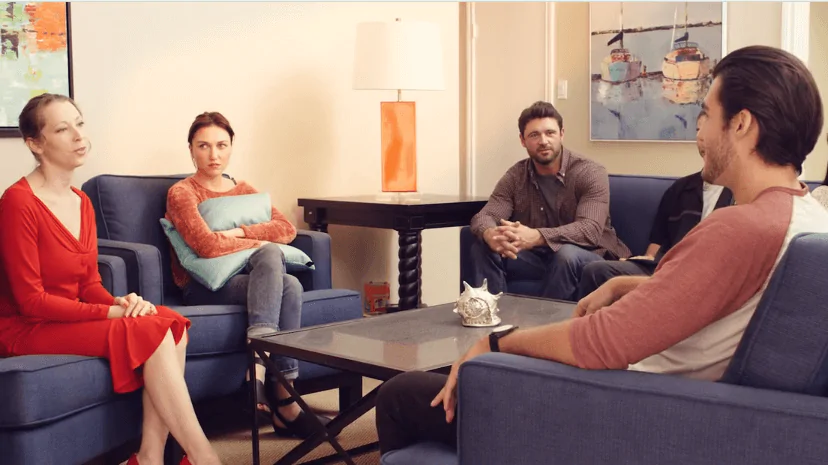24/7 Helpline:
(866) 899-221924/7 Helpline:
(866) 899-2219
Learn more about Dialectical Behavior Therapy centers in Big Rapids
Dialectical Behavior Therapy in Other Cities

Other Insurance Options

WellCare Health Plans

CareFirst

Medical Mutual of Ohio

Optima

Humana
Beacon

Oxford

Covered California

Choice Care Network

Evernorth

Multiplan

Sliding scale payment assistance

Ambetter

Self-pay options

Highmark

Absolute Total Care

Regence

Lucent

Sutter

Aetna

Ten16 Recovery Network
Ten16 Recovery Network has a proud history of providing services to people impacted by substance use...

Community Mental Health Services
Community Mental Health Services is a public rehab located in Big Rapids, Michigan. Community Mental...

Nova Counseling Associates
Nova Counseling Associates is a private rehab located in Big Rapids, Michigan. Nova Counseling Assoc...





























































































































